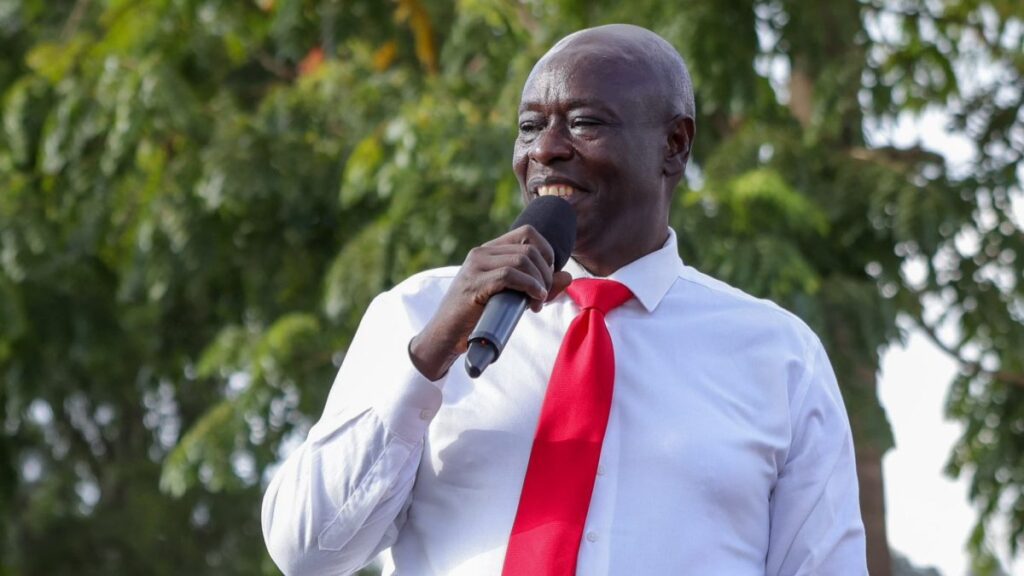An activist has failed in his attempt to take over four court petitions contesting the ouster of former Deputy President Rigathi Gachagua. The High Court dismissed the application filed by Fredrick Mula, who sought to be substituted as the petitioner in the cases that had been consolidated before the impeachment process.
The court ruled that Mula’s request had been overtaken by events and was no longer necessary. This decision followed the former Deputy President’s successful move to revoke an earlier notice that aimed to withdraw the consolidated petitions. A three-judge bench led by the presiding judge declared that since the original petitioner, Gachagua, remained willing to pursue the petitions, the application for substitution was both unnecessary and premature.
Mula had filed his application in mid-June, shortly after Gachagua’s legal team had expressed an intention to drop the petitions. However, the court clarified that Gachagua’s revocation of the withdrawal had been accepted, giving him the right to continue with the litigation.
The bench affirmed the application by Gachagua’s team to revoke their previous withdrawal notice, a move that effectively blocked Mula’s attempt to take over. The legal team had opposed Mula’s efforts, arguing that he was an outsider trying to hijack a case originally filed before the impeachment proceedings began. They insisted that only Gachagua could decide whether to proceed or relinquish control of the petitions.
Mula had argued that the petitions raised matters of public interest and should not be abandoned. Nevertheless, the court agreed with Gachagua’s legal representatives, noting that unless the original petitioner consented to the substitution, such a move could not be forced.
The ruling solidifies Gachagua’s legal position as he seeks to challenge the impeachment process through the courts. It also highlights judicial caution in allowing third-party interventions in ongoing or withdrawn legal matters, particularly those with complex political and constitutional implications.
This outcome ensures that the original petition remains under the direction of its initiator, and bars any external parties from taking over unless specific legal criteria are met or the petitioner expressly consents.

